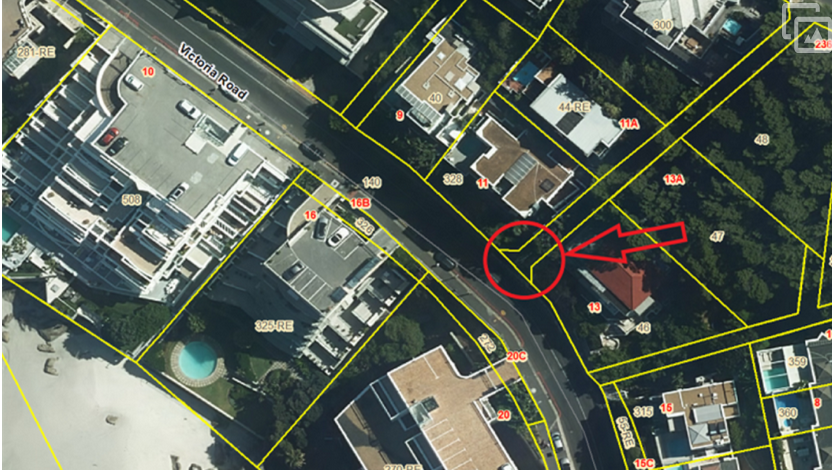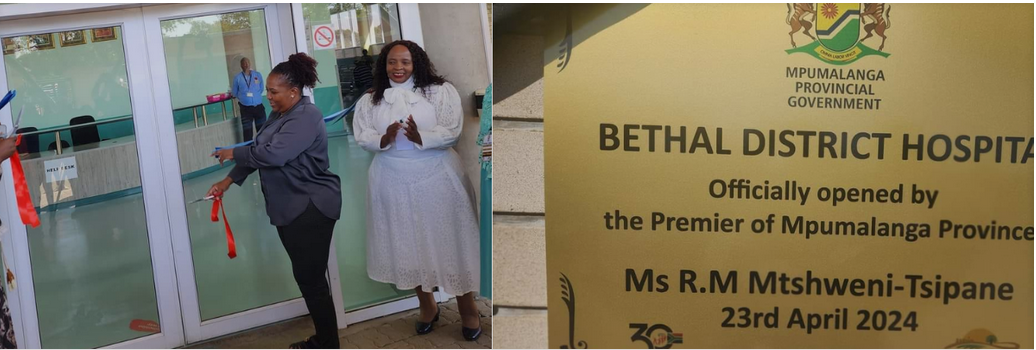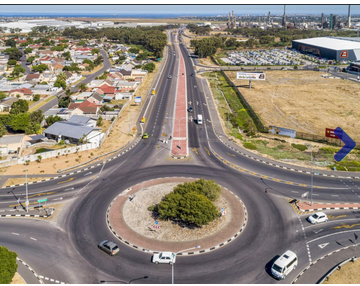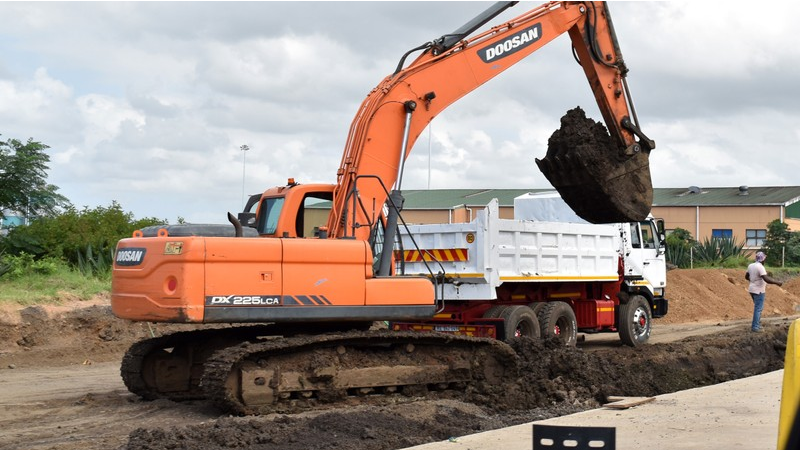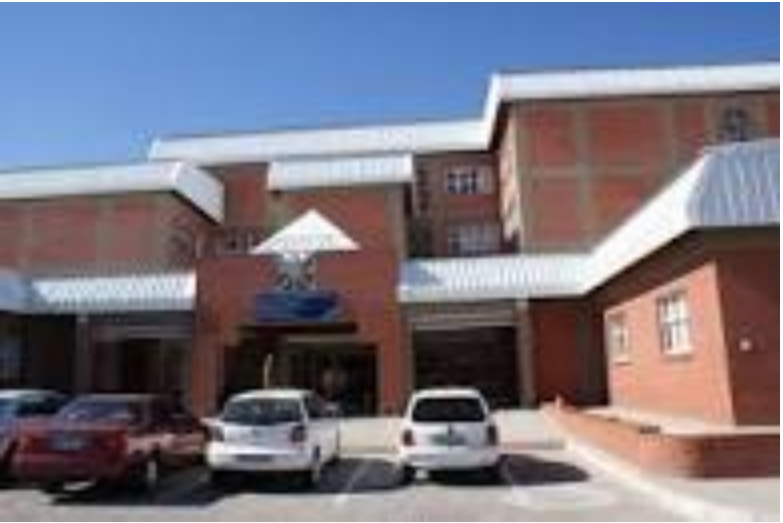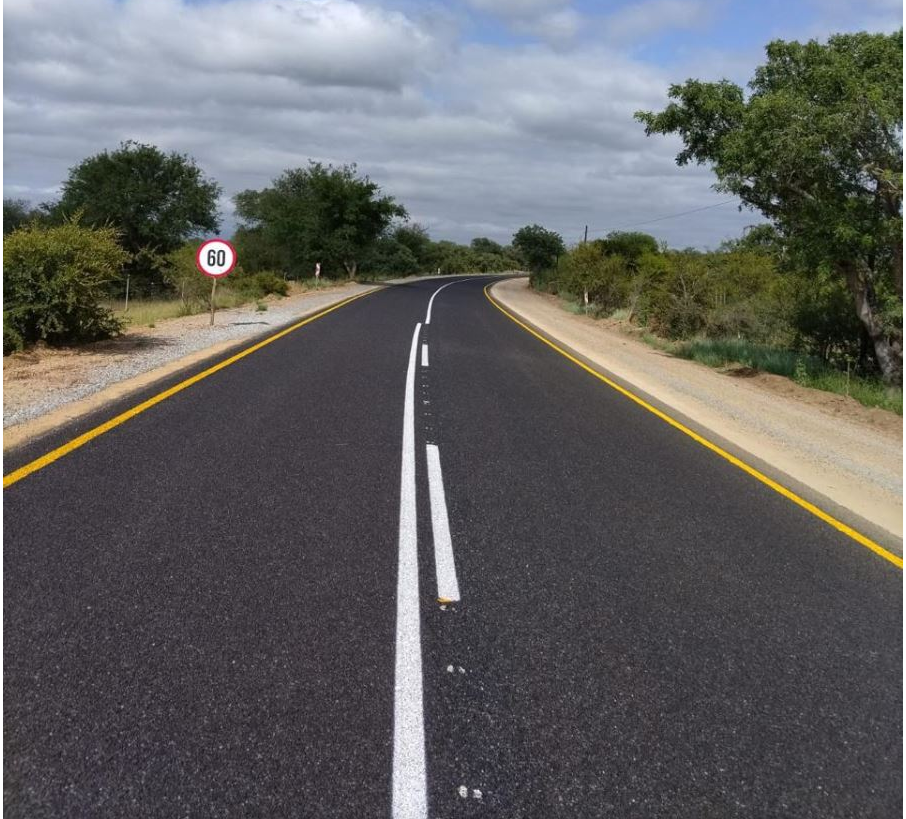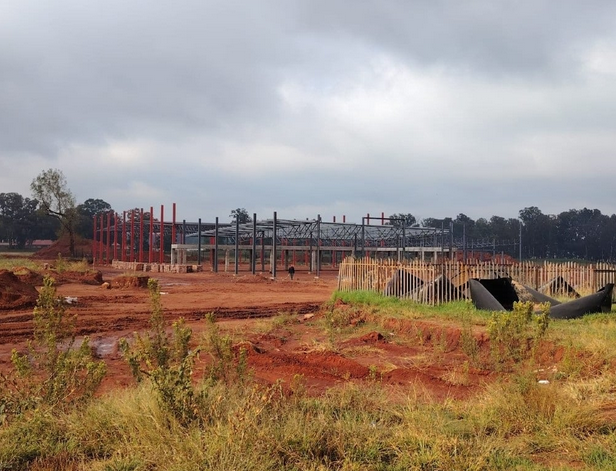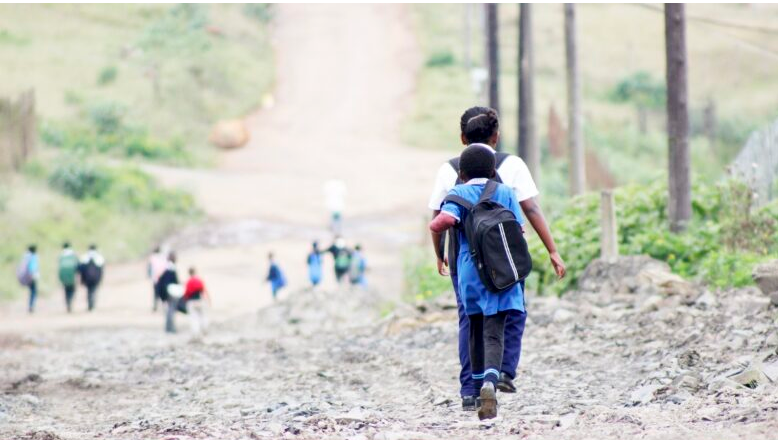Architecture moving forward – the need for reinvention post-Covid-19
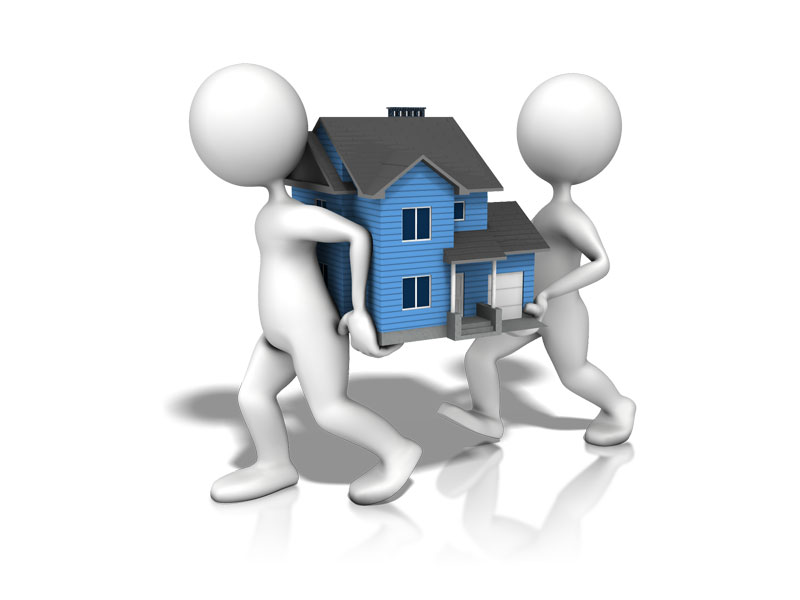
14-07-2020
Read : 223 times
Property Wheel
Source
With the local property sector severely impacted by the pandemic, Derick Henstra, Partner and Executive Chairman of dhk believes that the architectural industry was one of the first to “bear the brunt” of Covid-19.
As the barometer in the industry, small architectural firms have ground to a halt with the bigger architectural firms reducing in size. Whilst many new projects are being put on hold, there has been an uptick with some developers pushing on and “seizing the moment”.
However, Derick believes that property development, like our economy, will continue to take strain and will take some time to recover.
“What we mustn’t forget is that people are attaching a lot of the importance on the cause of Covid-19 but what they forget is that we were first in a technical recession – we were in crisis before Covid-19.”
Derick strongly believes that if the architectural industry is to survive, it needs to learn new tricks and to reinvent itself. An awareness for how the economy works, how clients tick and what clients need is vital to enduring the recession.
“Our projects need to be commercially viable and we need to design more responsibly.”
“At dhk, we are forever reviewing the way we work, the way we deal with people, the way we design and build. You can never relax; you must rethink things and you cannot rest on your laurels. You must be happy to learn all the time. Times are continuously changing.”
Trends post Covid-19
As we move forward, Derick believes that there are four ‘good practices’ that we should be on the lookout for:
Public space
The most prominent and evident ‘trend’ to surface is public space. He notes that for the first time in his career, the recent dialogue has all been about our greater awareness of personal space with an accent on movement and exercise.
“The previous trend in South Africa was always to be as spatially efficient as possible and to cram as many people in as possible, per square meter. I think this is definitely going to change.”
As serious urban designers, dhk believes that outdoor elements (such as fresh air and movement) will be the new ‘norm’.
“Europe is reclaiming their streets. There is a huge movement in the world where streets are being shared more with people, cyclists and cars with the closure of streets and pavements.”
Re-purposing buildings
We should be very aware of repurposing buildings. There are a lot of shopping centres and offices that are empty, and these could be converted into housing opportunities and facilities.
“We have a housing shortage that needs to be addressed” says Derick.
“President Ramaphosa has been at pains to telling the world how we are going to get infrastructure projects going and I can attest to this. One of our big clients is in constant communication with the President and they are making big tracts of land available for affordable housing.”
Office space
Derick publicly agrees that offices will very much be a part of our lives going forward, contrary to what the industry may believe. Although more and more people will be working from home, you cannot run a business in this way.
“You cannot measure emotion, you cannot develop a company culture and comradery and in our line of work, you need that interface.”
While we may reduce our office requirements, the need for office space will stay the same. With Covid-19 likely to be with us for the next two to three years, we are going to have to be less dense and we will need to start formulating certain partitions against this pandemic. Architects need to be cognisant of compartmentalizing and not having vast tracts of open office space.
The upgrading of our Heating, Ventilation and Air Conditioning (HVAC) will be the greatest cost and it needs to be carefully thought out. How we ventilate our buildings going forward is important, says Derick.
“We will be thinking more about natural ventilation. There will be a greater care and specifications on air conditioning, and I believe this industry is going to undergo quite a change.”
“I’ll be heavily critical of this. I will want to know more as an architect. Natural movement and the passaging of air is going to be important.”
Green buildings
People are becoming more receptive to green sustainable architecture and Derick believes that this is one of the advantages of Covid-19.
“As architects, we have been preaching this gospel for years. We should be doing it.”
90% of dhk’s clients insist and demand that sustainable building practices are used, no matter the cost. dhk have just finished developing Capitec’s iKhaya headquarters in Stellenbosch which coincidently, is fully Covid-19 friendly.
With three floors and very few lifts, the building boasts lots of natural light and ventilation with beautiful compartment space for the departments. “It really ticks all the boxes” says Derick.
Capitec’s iKhaya – dhk’s holistic architectural approach considered both the exterior and interior to optimise corporate expenditure, internal flow, and sustainability.
“If you are developing a building, you do not think about how many green stars you can get. It should be common practice to put good working environments together.”
With three floors and very few lifts, the building boasts lots of natural light and ventilation with beautiful compartment space for the departments. “It really ticks all the boxes” says Derick.
“If you are developing a building, you do not think about how many green stars you can get. It should be common practice to put good working environments together.”
Design briefs of the future
Derick does not believe that much will change in the way of his client’s design briefs post-Covid-19.
However, one noticeable component is parking. Post Covid-19, projects may lean towards less vehicular accommodation as more people use public transport to get to work.
Derick says that historically the demand in the CBDs and cities (Johannesburg and Cape Town) for vehicle storage and parking has radically dropped. When you move further out, into the decentralized areas, parking requirements increase balancing it out.
dhk’s Johannesburg and Cape Town offices have been busy. The Joburg team is the smaller outfit and Cape Town’s team is one of the biggest in Africa. Derick says that they have been working on some fantastic projects in Johannesburg.
“I am happy to say that dhk Architects have been busy. Whilst we have had to reduce our staff salaries (in line with the rest of the country), we believe that it was the right thing to do as we have managed to keep our heads above water – we have been incredibly lucky. Although these have been uncertain times, there have been some exciting projects that have popped up.”
“Covid-19 is not the end of the world. We must get back to work. We cannot sit at home – we will never stimulate the economy. You do not build buildings from home” he concludes.
Recent News
Here are recent news articles from the Building and Construction Industry.
Have you signed up for your free copy yet?
